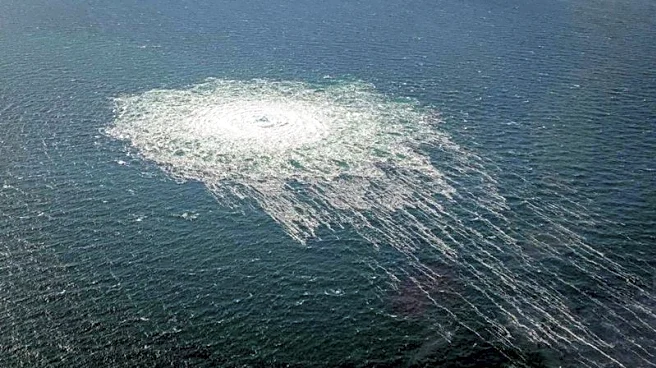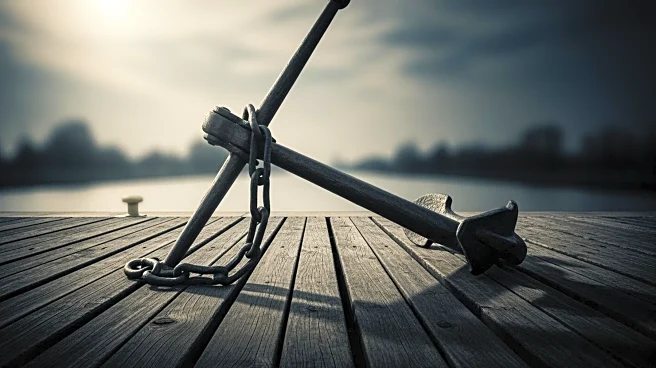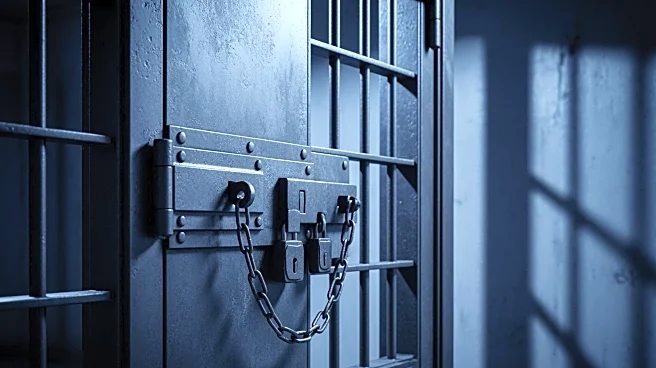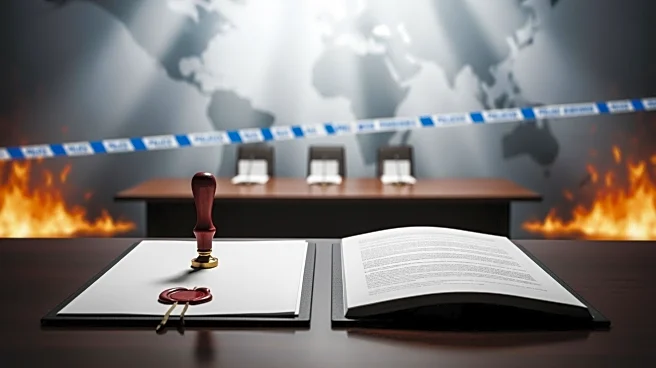By Anna Koper and Anna Wlodarczak-Semczuk
WARSAW (Reuters) -Volodymyr Z., a Ukrainian diver wanted by Germany over his alleged involvement in the Nord Stream explosions, has been detained in Poland, his lawyer said on Tuesday.
Described by both Moscow and the West as an act of sabotage, the explosions in 2022 largely severed Russian gas supplies to Europe, marking a major escalation in the Ukraine conflict and squeezing energy supplies on the continent. No one has taken responsibility for the blasts
and Ukraine has denied any role.
"This morning, he was detained in a town near Warsaw," Volodymyr Z.'s lawyer Tymoteusz Paprocki said.
Private broadcaster RMF FM first reported the arrest. It said Volodymyr Z. was detained in Pruszkow, west of the capital.
SUSPECT TO FIGHT TRANSFER TO GERMANY
Paprocki said that Volodymyr Z.'s defence would fight against his transfer to Germany, arguing that the execution of the European arrest warrant against him was inadmissible given Russia's war in Ukraine.
"The attack on Nord Stream infrastructure concerns one of the pipeline's owners, Gazprom, which directly finances the military operations in Ukraine," he said. Gazprom is Russia's state gas giant.
The German justice ministry and the federal prosecutor's office did not immediately respond to a request for comment from Reuters. Polish prosecutors had no immediate comment.
In August, Italian police arrested a Ukrainian man suspected of coordinating the attacks. The man, identified only as Serhii K., plans to take his fight against extradition to Italy's highest court after a lower court ordered his transfer to Germany.
Polish prosecutors told Reuters in August that they received a European arrest warrant issued by Berlin in connection with the attack on Nord Stream pipelines, but the suspect had already left Poland.
GAS PIPELINES
German investigators believe Volodymyr Z. was part of a team that planted the explosives, the SZ and Die Zeit newspapers reported in August alongside the ARD broadcaster, citing unnamed sources.
The blasts wrecked three out of four Nord Stream pipelines, which had become a controversial symbol of German reliance on Russian gas in the wake of Moscow's invasion of Ukraine.
Russia blamed the U.S., Britain and Ukraine for the blasts, which largely cut Russian gas off from the lucrative European market. Those countries have denied involvement.
Germany, Denmark, and Sweden all opened investigations into the incident, and the Swedes found traces of explosives on several objects recovered from the explosion site, confirming the blasts were deliberate acts.
The Swedish and Danish investigations were closed in February without identifying any suspect.
(Reporting by Anna Koper, Anna Wlodarczak-Semczuk, Friederike Heine, Ludwig Burger, writing by Alan Charlish; Editing by Alison Williams)















